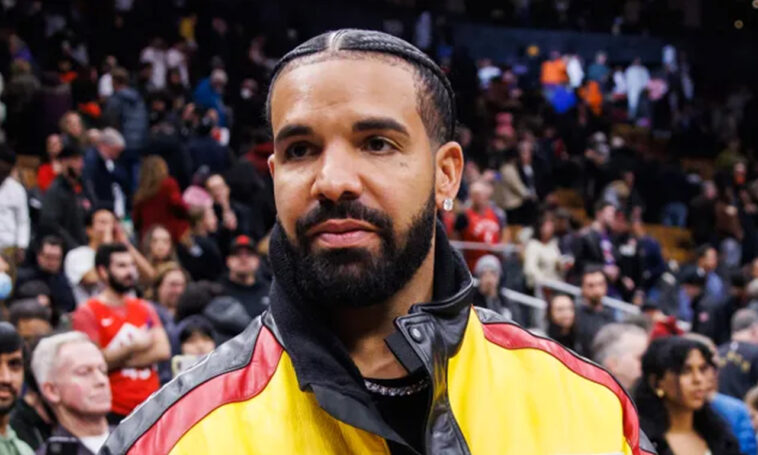Spotify has entered the ongoing feud between Drake and Kendrick Lamar, responding to allegations that it inflated the streams of Lamar’s diss track, “Not Like Us.” The controversy began after Drake’s company, Frozen Moments, filed a petition in a New York court claiming that Universal Music Group (UMG), Lamar’s label, manipulated the song’s popularity. According to the petition, UMG used bots and pay-to-play tactics to generate artificial streams and saturate the streaming services with the track.
In response, Spotify strongly denied these allegations, stating there was no special arrangement between UMG and the streaming service to promote the track.
“UMG and Spotify have never had any arrangement in which UMG charged Spotify licensing rates 30 percent lower than its usual licensing rates for ‘Not Like Us’ in exchange for Spotify affirmatively recommending [‘Not Like Us’],” the company said in its official filing.
The statement added that Spotify found no evidence to support the claim that bots were used to generate millions of streams for the song, further stating that they had invested heavily in both automated and manual methods to detect and prevent stream manipulation.
Spotify also clarified its involvement with “Not Like Us” by stating that only one promotional tool, known as Marquee, was used to promote the track. Marquee is a paid service that allows songs to appear as “Sponsored Recommendations” to users, but Spotify stressed that this service was purchased for €500 specifically to promote the track in France. Unlike other promotions, Marquee is a transparent advertisement clearly marked as a recommendation, not a manipulated boost.
Drake’s petition, filed just days after Lamar’s surprise album GNX was released, claimed that UMG’s actions were part of a broader scheme to make “Not Like Us” go viral. The song, released in May 2024, was seen as a direct response to the ongoing feud between the two rappers. Lamar’s track took jabs at Drake, calling him a “pedophile” and accusing him of cultural appropriation. The song became a massive hit, spending two weeks at No. 1 on the Billboard Hot 100 and dominating the rap charts for a staggering 20 weeks.
The song’s success, along with the Grammy nominations it has received, has made “Not Like Us” one of the most significant songs of the year, transcending its diss track origins to become a cultural anthem. Despite the allegations, Lamar’s track remains one of the top songs in the world, continuing to receive widespread acclaim for its impact and message.
Spotify’s response highlights the company’s commitment to preventing stream manipulation on its platform. “When we identify attempted stream manipulation, we take action that may include removing streaming numbers, withholding royalties, and charging penalty fees,” Spotify said. It emphasized that any confirmed or suspected artificial streams would be removed from chart calculations to ensure that royalty payouts are fair for artists.
The feud between Drake and Lamar is not new. The two have exchanged shots at each other since 2013, when Lamar’s verse on Big Sean’s song “Control” took aim at Drake and several other top rappers. Their rivalry reignited in 2024, leading to a series of diss tracks, with “Not Like Us” being the most recent and most publicized. While Drake has yet to comment directly on the latest legal filing, his team’s accusations against UMG and Spotify have brought further attention to the feud, with some fans siding with Lamar’s portrayal of the situation as a response to years of perceived disrespect.
UMG, the parent company of both Lamar’s label, Interscope Records, and Drake’s Republic Records, also addressed the allegations, calling them “offensive and untrue.” Both rappers are signed under UMG’s umbrella, though they are on different labels within the massive music conglomerate.
Despite the ongoing legal back-and-forth, “Not Like Us” continues to break records and dominate the charts, making it one of the most impactful songs of the year. The song’s success has only fueled the public rivalry between Drake and Lamar, as both artists continue to stake their claims as the top voice in rap.
As the legal battle continues, the focus will remain on how this feud shapes the future of both artists and their music. Whether or not Drake’s claims of stream manipulation will lead to any significant legal outcomes is yet to be seen. However, the controversy has certainly added another chapter to one of rap’s most talked-about rivalries.






Join the Community and Be a Part of the Conversation
You must be logged in or registered to post a comment.